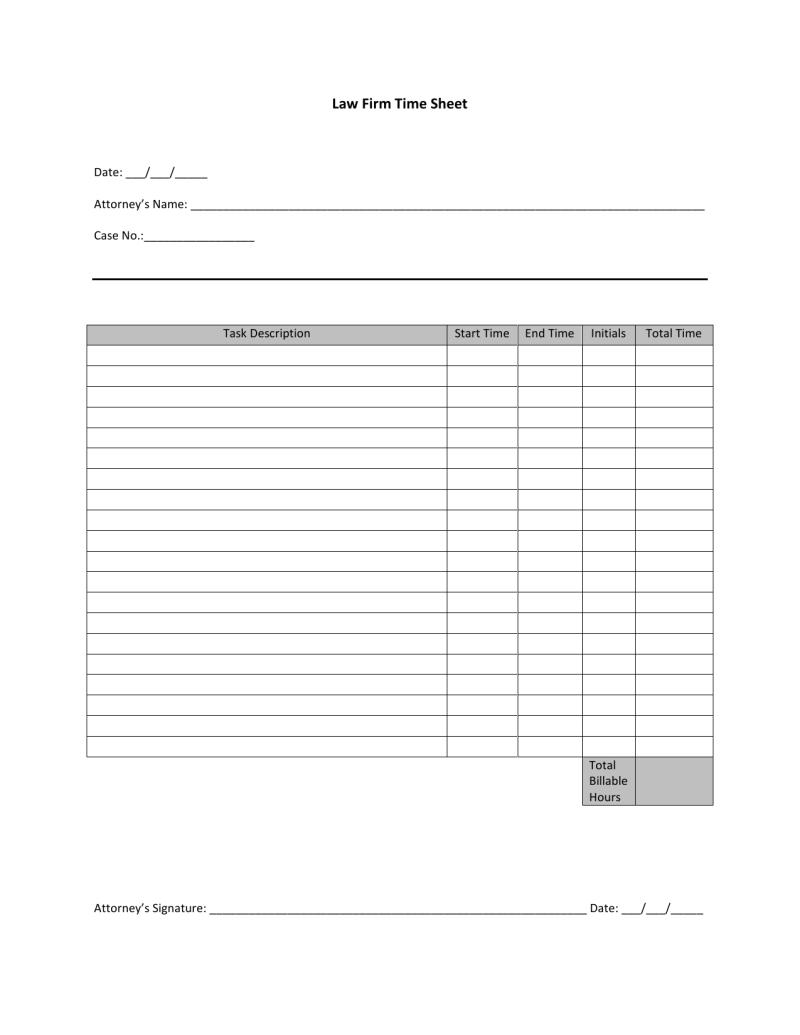What are daily activities of a lawyer?
The daily activities of a lawyer can vary widely depending on their specialization, the type of practice (e.g., law firm, government, corporate), and the stage of cases they are handling. Here's a detailed look at the potential daily activities of a lawyer:
1. Administrative Tasks:
- Email Management: Lawyers start their day by going through emails, responding to client inquiries, and addressing any urgent matters.
- Calendar Management: Scheduling and managing appointments, court appearances, and deadlines.
2. Legal Research and Case Analysis:
- Reviewing Case Materials: Lawyers spend time reviewing documents, evidence, and case-related materials to understand the details and nuances.
- Legal Research: Conducting research on relevant laws, statutes, and precedents to build a strong legal foundation for cases.
3. Client Communication:
- Client Meetings: Meeting with clients to discuss case progress, provide updates, and gather additional information.
- Phone Consultations: Conducting phone consultations with clients to address queries or provide legal advice.
4. Drafting Legal Documents:
- Drafting Pleadings: Preparing legal documents such as complaints, motions, briefs, and other court filings.
- Contract Drafting: Creating contracts, agreements, and legal documents for clients.
5. Court Appearances and Proceedings:
- Court Hearings: Attending court hearings, including motions, pre-trial conferences, and trials.
- Client Representation: Representing clients in court, presenting legal arguments, and cross-examining witnesses.
6. Negotiations and Settlements:
- Negotiating with Opposing Counsel: Engaging in negotiations with opposing parties to reach settlements or resolve disputes outside of court.
- Settlement Agreements: Drafting settlement agreements and facilitating the resolution of legal matters.
7. Meetings and Collaborations:
- Colleague Meetings: Collaborating with colleagues to discuss case strategies, share insights, and coordinate efforts.
- Supervision (for Senior Lawyers): Supervising and mentoring junior associates or legal support staff.
8. Document Management:
- Organizing Case Documents: Managing and organizing case files, ensuring all documents are appropriately filed and accessible.
- Document Review: Continuously reviewing and updating case-related documents.
9. Client Follow-ups:
- Client Updates: Following up with clients, providing updates on case developments, and addressing any questions or concerns.
10. Legal Writing:
- Legal Memos: Drafting legal memoranda to analyze and present legal issues.
- Opinions: Providing legal opinions on various matters, offering advice to clients.
11. Billing and Financial Management:
- Recording Billable Hours: Keeping track of billable hours worked on different cases.
- Invoicing: Preparing and sending invoices to clients for legal services rendered.
12. Networking and Professional Development:
- Legal Events: Attending legal events, seminars, or conferences for networking and staying updated on industry trends.
- Continuing Legal Education (CLE): Participating in CLE courses to fulfill ongoing education requirements.
13. Evening Review and Planning:
- Reviewing Day's Work: Reflecting on the tasks accomplished during the day and ensuring everything is in order.
- Planning for Tomorrow: Planning and prioritizing tasks for the next day.
14. Business Development (for Private Practice):
- Client Acquisition: Engaging in business development activities, such as marketing, networking, and attracting new clients.
- Building a Brand: Establishing a personal or firm brand and reputation within the legal community.
It's crucial to note that the daily routine of a lawyer is highly dynamic, and the above activities may not all be performed every day. Additionally, the demands of the legal profession often lead to long working hours, especially during critical phases of cases or when approaching deadlines. Adaptability and flexibility are key traits for success in the legal profession.
Legal routines: What are daily activities of a lawyer?
The daily activities of a lawyer vary depending on their practice area, experience level, and the type of firm they work for. However, there are some common tasks and activities that most lawyers engage in on a daily basis.
Detailing the common tasks and activities that lawyers engage in on a daily basis
Here is a list of common daily activities for lawyers:
- Meeting with clients: Lawyers meet with clients to discuss their legal needs, gather information, and develop legal strategies.
- Researching the law: Lawyers research the law to determine the best course of action for their clients. This may involve reviewing statutes, case law, and legal articles.
- Drafting legal documents: Lawyers draft a variety of legal documents, such as contracts, pleadings, and briefs.
- Negotiating with opposing counsel: Lawyers negotiate with opposing counsel to resolve cases without going to trial.
- Representing clients in court: Lawyers represent clients in court during trials and hearings.
- Managing their caseload: Lawyers need to manage their caseload effectively to ensure that all of their clients' needs are being met.
- Developing and maintaining relationships with other professionals: Lawyers need to develop and maintain relationships with other professionals, such as judges, prosecutors, and other attorneys.
- Keeping up with changes in the law: The law is constantly changing, so lawyers need to keep up with the latest developments.
- Marketing and developing their practice: Lawyers need to market and develop their practice in order to attract new clients.
In addition to these common tasks, lawyers may also engage in other activities on a daily basis, such as:
- Writing legal memoranda: Lawyers write legal memoranda to summarize the law on a particular issue or to provide their analysis of a legal issue.
- Attending depositions: Depositions are formal interviews with witnesses under oath. Lawyers may attend depositions to gather evidence for their cases.
- Preparing for trial: Lawyers prepare for trial by gathering evidence, developing legal arguments, and interviewing witnesses.
- Handling administrative tasks: Lawyers also need to handle administrative tasks, such as managing their calendar, billing clients, and keeping track of their expenses.
Tips for law students and aspiring lawyers in understanding the demands of the profession
Law is a demanding profession, but it can also be very rewarding. Here are some tips for law students and aspiring lawyers in understanding the demands of the profession:
- Be prepared to work hard: Lawyers often work long hours, especially when they are preparing for trial or working on a deadline.
- Be organized and efficient: Lawyers need to be able to manage their time and caseload effectively.
- Be able to think critically and solve problems: Lawyers need to be able to think critically about their clients' cases and develop legal strategies to help them achieve their goals.
- Be able to communicate effectively: Lawyers need to be able to communicate effectively with their clients, opposing counsel, and judges.
- Be able to handle stress: Law can be a stressful profession, so it is important to be able to handle stress effectively.
If you are considering a career in law, it is important to understand the demands of the profession. However, if you are passionate about the law and are willing to work hard, a career in law can be very rewarding.













